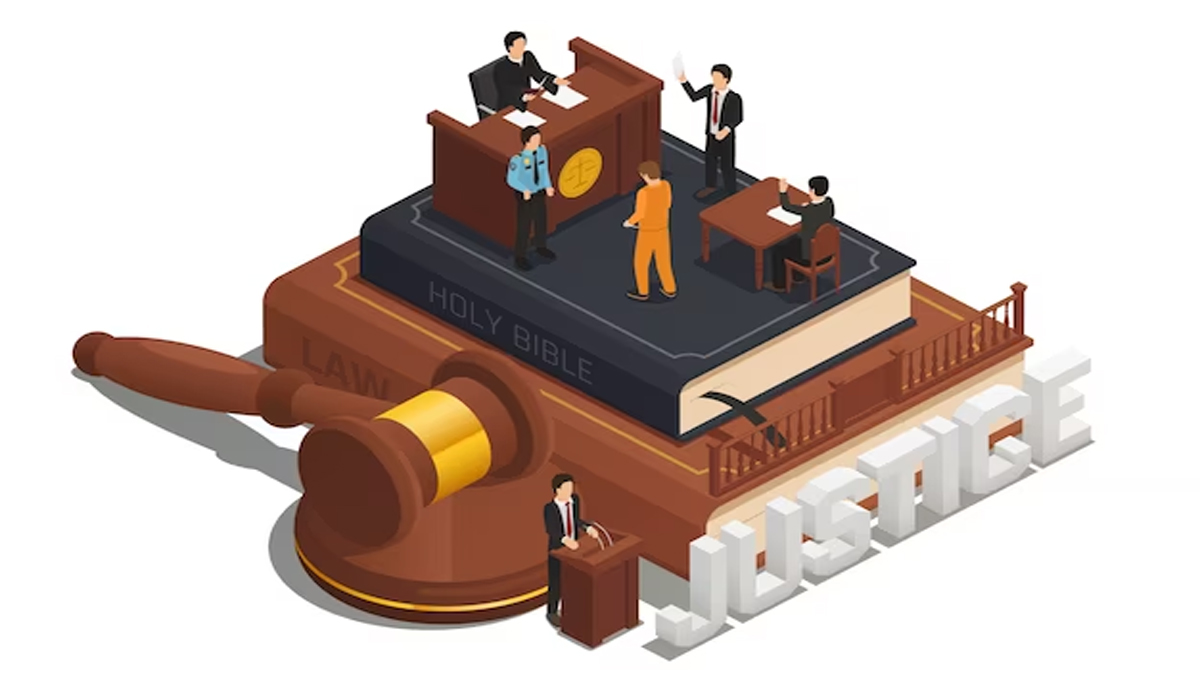The court held that the DRO had not acted with mala fide intention and that there was no deliberate disobedience of its order.
The case arose from a petition filed by the Bank of Baroda in the Supreme Court. The bank alleged that the DRO had failed to comply with its order to attach the assets of a debtor. The bank also alleged that the DRO had made false and misleading statements to the court.
The Supreme Court appointed a special master to investigate the allegations. The special master found that the DRO had not acted with mala fide intention and that there was no deliberate disobedience of the court’s order. The special master also found that the DRO had not made any false or misleading statements to the court.
The Supreme Court accepted the findings of the special master and dismissed the bank’s plea. The court held that the bank had failed to establish that the DRO had committed contempt of court.
The court’s decision is a reminder that the courts will not lightly invoke contempt proceedings. Contempt of court is a serious offense that can lead to imprisonment, fines, or other penalties. The courts will only invoke contempt proceedings where there is clear evidence of a deliberate and willful disobedience of the court’s orders.
The court’s decision is also a reminder that the courts will not tolerate frivolous petitions that waste their time. The bank’s petition in this case was clearly frivolous, as it was based on unsubstantiated allegations. The court was right to dismiss the petition and to uphold the rule of law.
The case of the Bank of Baroda is a reminder of the importance of due process. Due process is the principle that everyone is entitled to a fair and impartial hearing before the law. It is essential for a just and fair society.
When people like the Bank of Baroda try to bypass due process, they are undermining the rule of law. They are also making it more difficult for people to get justice.
The Supreme Court’s decision in this case is a victory for due process and for justice. It sends a message that the courts will not tolerate those who try to undermine the rule of law.
In addition to the Supreme Court’s decision, there have been a number of other recent cases involving contempt of court. In one case, a lawyer was held guilty of contempt of court for making false and frivolous allegations against a judge. In another case, a man was held guilty of contempt of court for disrupting a court hearing.
These cases show that the courts are taking a tough stance on contempt of court. This is a positive development, as it sends a message that the courts will not tolerate those who try to interfere with the administration of justice.
The rule of law is essential for a just and fair society. When people try to undermine the rule of law, they are making it more difficult for people to get justice. The Supreme Court’s decision in the case of the Bank of Baroda is a victory for due process and for justice.
